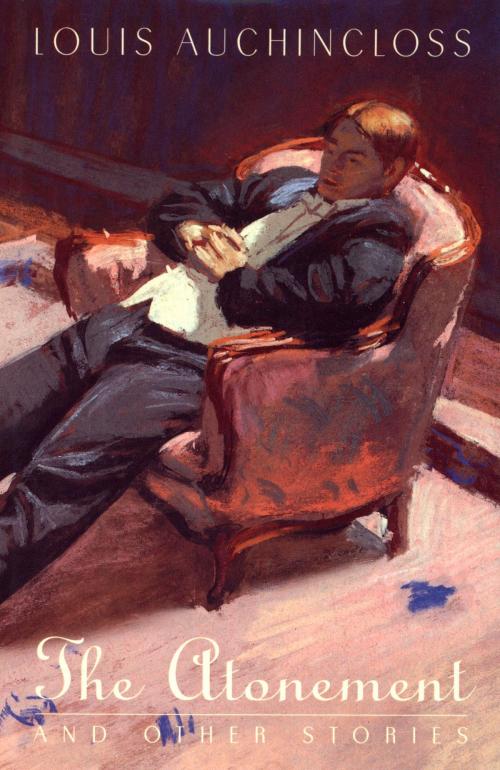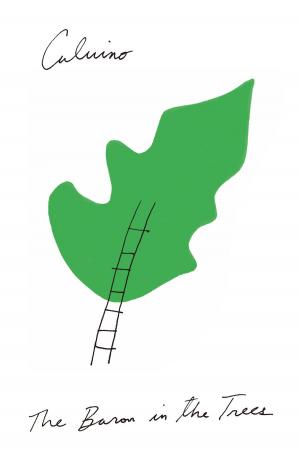| Author: | Louis Auchincloss | ISBN: | 9780547971155 |
| Publisher: | HMH Books | Publication: | September 19, 1997 |
| Imprint: | Houghton Mifflin Harcourt | Language: | English |
| Author: | Louis Auchincloss |
| ISBN: | 9780547971155 |
| Publisher: | HMH Books |
| Publication: | September 19, 1997 |
| Imprint: | Houghton Mifflin Harcourt |
| Language: | English |
No one else writes about the moral life of America’s moneyed class with anything approaching Louis Auchincloss’s understanding, sympathy, irony, and humor. In this, his first book of short fiction since the acclaimed Collected Stories, he again brings us news that no other writer can deliver, news about how America’s great families and fortunes are run and the axes and crises on which they turn. Here is how the privileged view their privilege—some with smugness, some with style, some with a crushing sense of civic and personal responsibility. Here is how the rich marry, how they divorce, and, more important, why. Here, definitively and indelibly, is the eastern seaboard’s Wasp establishment—sometimes in its glory, more often in its decline, and always with its values, assumptions, and increasingly fragile sense of self held up for our scrutiny by a master, the most subtle critic of American manners since Edith Wharton.
No one else writes about the moral life of America’s moneyed class with anything approaching Louis Auchincloss’s understanding, sympathy, irony, and humor. In this, his first book of short fiction since the acclaimed Collected Stories, he again brings us news that no other writer can deliver, news about how America’s great families and fortunes are run and the axes and crises on which they turn. Here is how the privileged view their privilege—some with smugness, some with style, some with a crushing sense of civic and personal responsibility. Here is how the rich marry, how they divorce, and, more important, why. Here, definitively and indelibly, is the eastern seaboard’s Wasp establishment—sometimes in its glory, more often in its decline, and always with its values, assumptions, and increasingly fragile sense of self held up for our scrutiny by a master, the most subtle critic of American manners since Edith Wharton.















